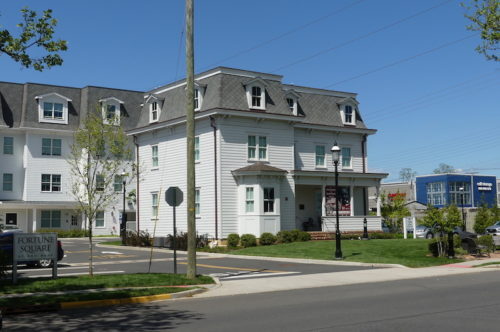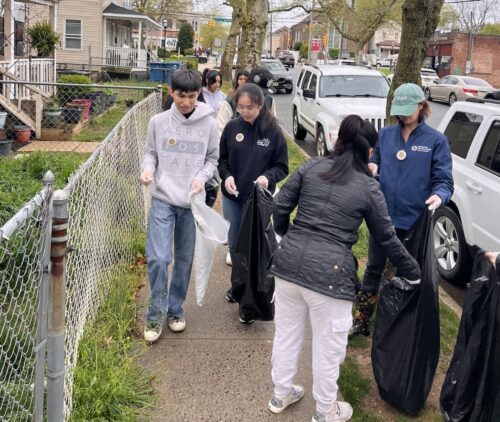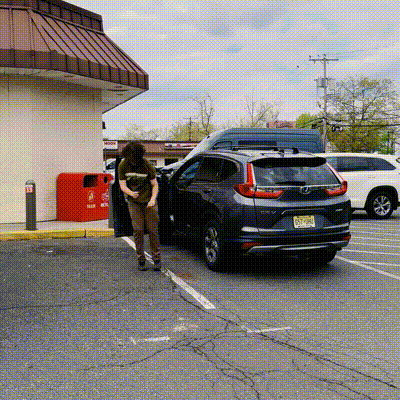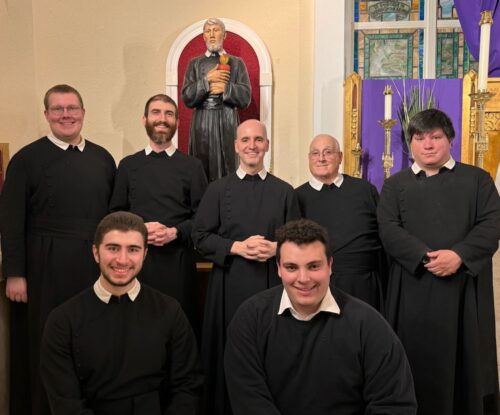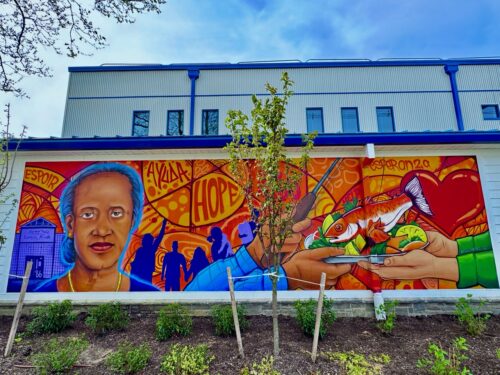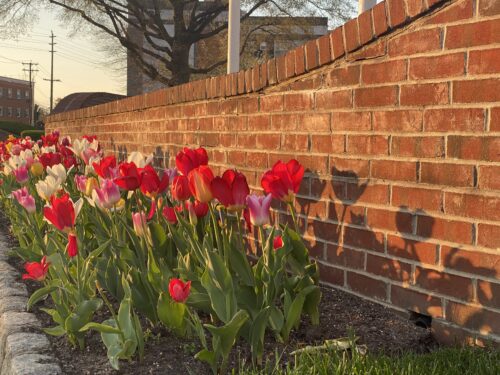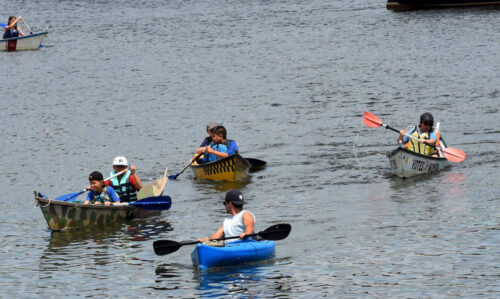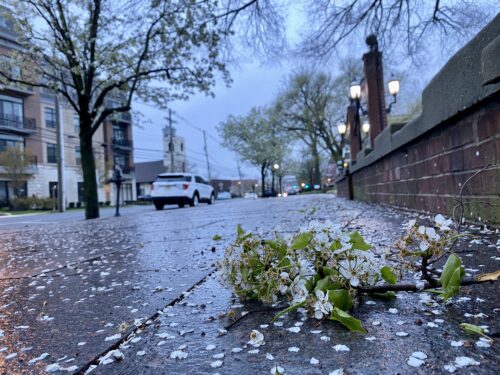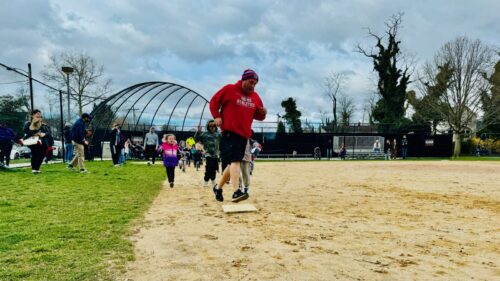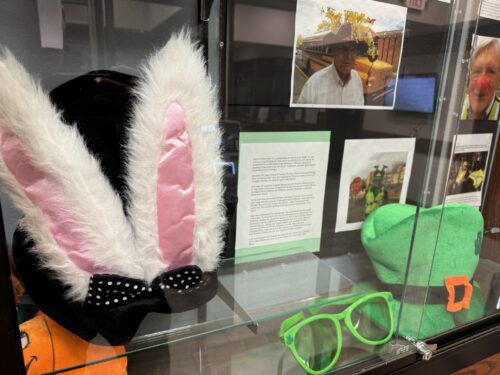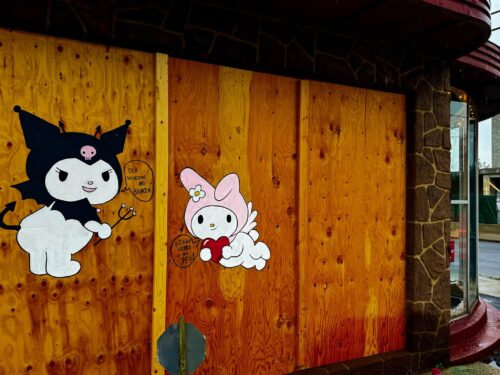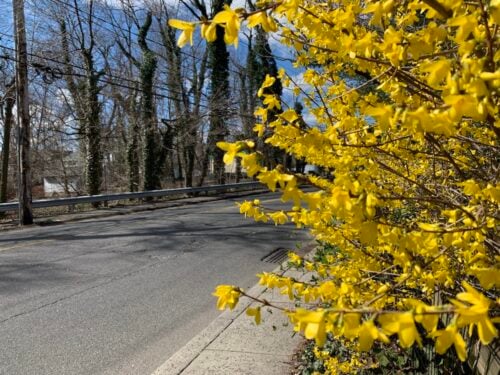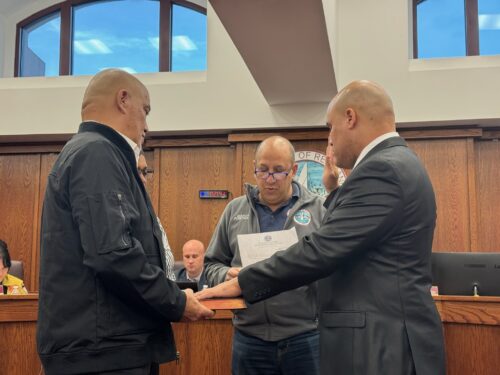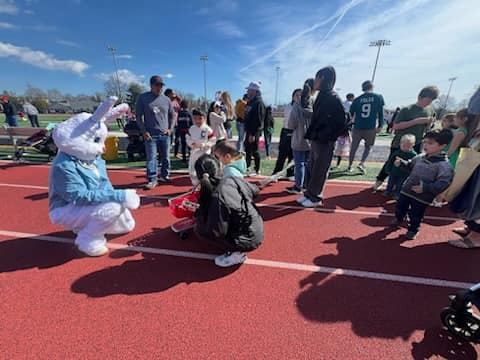What’s the difference between racquetball and squash? For starters, says Francis Odeh, “Racquetball chases you all over the place, but in squash, you chase the ball.”
In racquetball, the ball is bouncier and moves faster, and you can play the ball anywhere, all over four walls and the ceiling. In squash, purportedly named for the softness of the ball, there are more boundaries the ball has to strike the wall at a certain height so it’s more strategic. Because of its emphasis on ball placement and the “whole-arm swing,” playing squash will make you a better tennis player, says Odeh, who says that Roger Federer, the world’s top-ranked tennis player, also plays squash.
We chatted with Nigerian-American Odeh, coach at the Valkyrie Squash Club in Sea Bright, about why squash is getting hotter, who plays it, and what the 43 American universities that give squash scholarships have to do with it.
What skills do you need to be a good player? Can you tell immediately if someone has what it takes?
If someone has good coordination and has racquet skills, you can tell quickly. There aren’t that many here, because the kids are playing too many other sports. Kids are juggling too many sports, like four. They should play two sports maximum and practice at least two hours a day to be competitive.
Why do you think people play squash?
It’s a lot of fun. You come in to enjoy the game. You can easily lose some weight, but if you come in (only) for that, it’s not going to happen. It used to be an elite sport, but its not anymore. The Professional Squash Association [slogan: ‘Squash Means Business’] has an urban squash initiative to help less privileged kids to play. It’s gaining in popularity. It helps people get into a good school and to meet people.
How many members does the Valkyrie Squash Club have?
We have an average of 90 members of all ages. Schools like Christian Brothers Academy and Ranney play here. Most members are from the Rumson area. David Gilmour, the Little Silver councilman, plays here, and Ara Hovnanian used to be a member. One of the producers at ABC News plays here.
Tell us more about the urban initiative.
We have three programs in New York, one in Chicago, and we’re trying to find a location in New Jersey. Sometimes black kids will say to me, ‘what are you doing playing this? Its not meant for us.’ And I say, ‘excuse me?’ They think it’s meant for rich people. Sport is sport. I played, and my parents didnt have money. Some parents want their kids to play basketball, to make money. But not everybody makes it [to the pros]. Other parents know the value of school. About 10 kids a year from the urban program are helped into colleges because of it.
Can you tell us about the Junior Silver Open tournament held last week?
It was open to the public. We had about 40 entries, and about 20 from inside the club. We have Jake Lord, an 11-year-old from Rumson, whos been playing tournaments. He’s in the top 100 in the country now but entering a different age division. Hopefully his ranking will shoot up. The winners get trophies but the advantage is to get a national ranking. If you can crack the top 10, it’s a possibility you’ll get into a good school.
Will playing squash get you into an Ivy League college?
Yes, once you’re good, the percentage getting into school is high. Very high.
You were the number one player in Nigeria at one time. Is squash popular there?
I was ranked first in 1985. Its much bigger there than here because it’s a TV sport, too. People see it on network news. I played in high school. My parents were not rich, and I was fortunate enough to be given racquets and I became good. I take racquets and shoes back home when I visit. The kids cannot afford it. We lose a lot of players because of lack of equipment, but we have squash courts all over. We were colonized by the British and English is the official language.
Do people confuse the sport with the vegetable?
Yup. When I first came to America, when I’d say I play squash, theyd say, ‘Squash, the vegetable?’ I’d tell them it’s like racquetball, and they’d say, ‘Ohh.’ In the rest of the world, nobody plays raquetball. It’s squash.
LINDA G. RASTELLI



